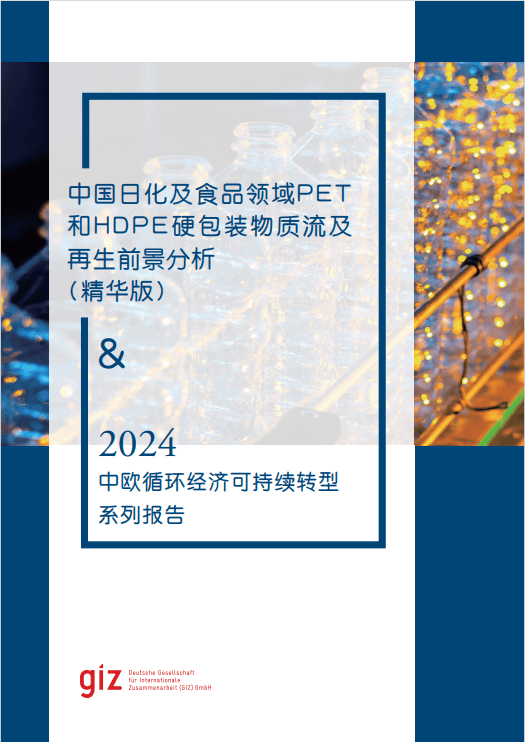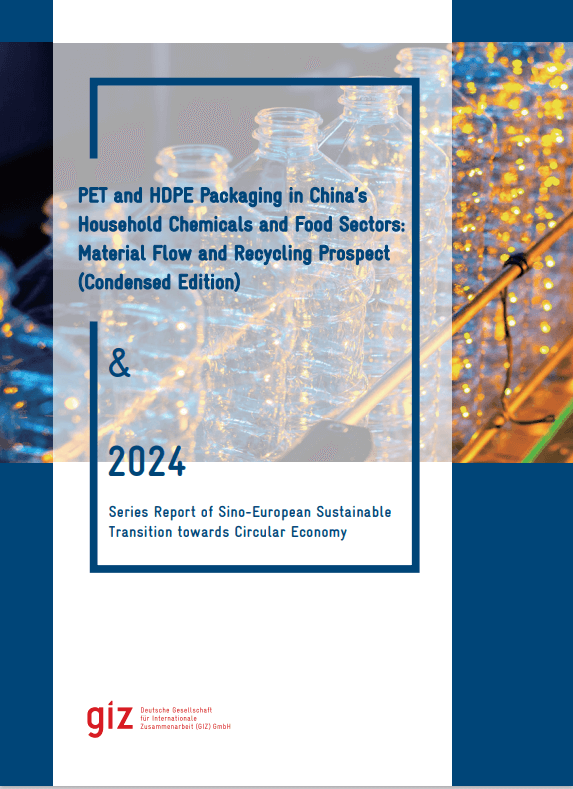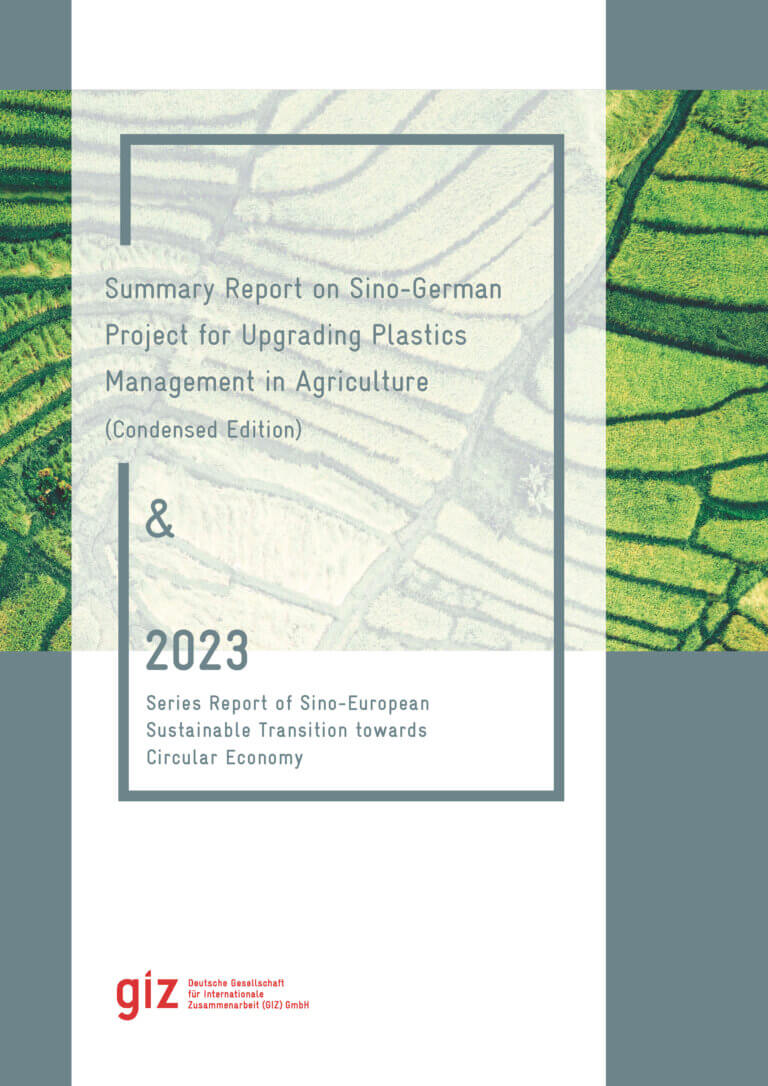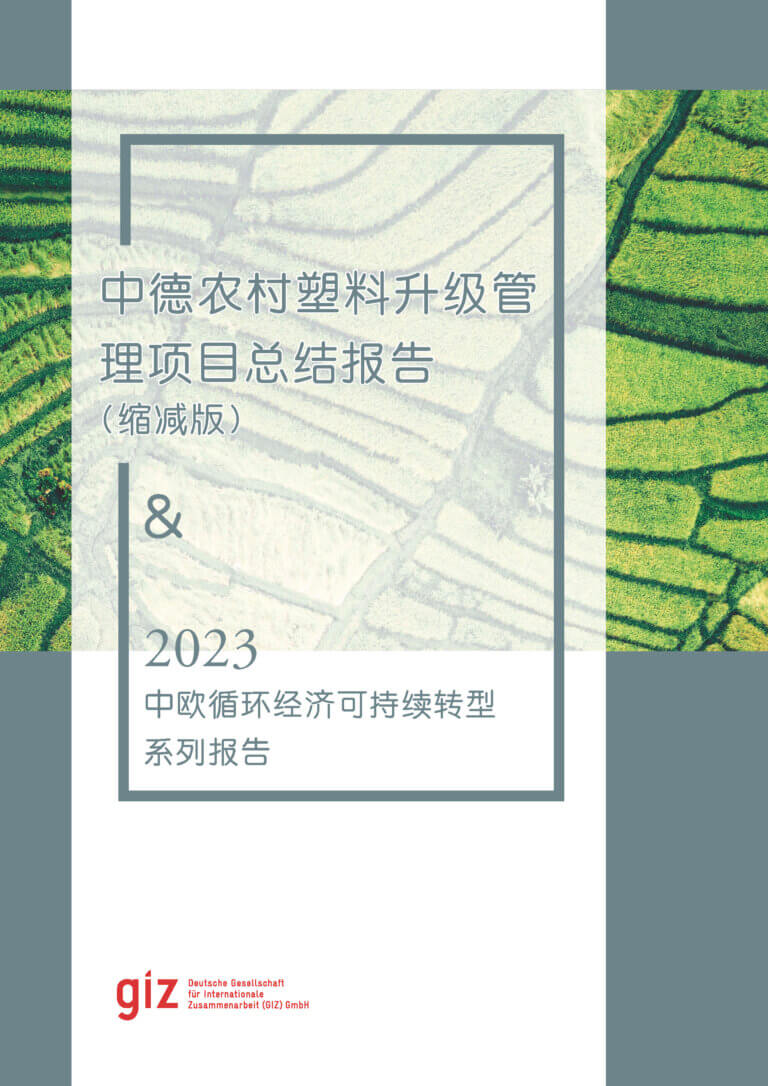Effectively mainstreaming biodiversity across sectoral policies, governments and society remains a key challenge in the ongoing deliberations for the post-2020 Global Biodiversity Framework (GBF). The recently published technical report from the SPS 1-2 “Post 2020: Global Biodiversity Conservation” analyses to what extent mainstreaming and synergy agendas are reflected in the preparatory processes of the GBF and makes improvement suggestions. The study offers a valuable knowledge base for the upcoming SBSTTA-24, SBI-3, WG2020-3 meetings in Geneva, to develop an ambitious and cross-cutting post-2020 GBF.
There is strong evidence (e.g. IPBES, 2019) that transformative change is required to initiate a pathway for the conservation, restoration and wise use of biodiversity. Mainstreaming biodiversity and ecosystem services across sectoral policies, government and society, and enhancing synergies among eco-environmental and broader sustainable development agendas is a key contribution to realising this transformative change. Here, the Global Biodiversity Framework (GBF) can play a critical role.
With the second part of the Convention on Biological Diversity (CBD) COP-15 lying ahead, the questions on how to enhance biodiversity mainstreaming across sectors and strengthen the synergies of biodiversity-related conventions and processes are ever more pertinent. To address some of these questions, the Federal Agency for Nature Conservation (BfN), together with key experts of SPS 1-2 “Post 2020: Global Biodiversity Conservation” has produced a timely and highly relevant report, which analyses to what extent mainstreaming and synergy agendas are reflected in the preparatory process towards the post-2020 GBF, in related documents, particularly the Updated Zero and First Drafts of the Framework and the draft Long-term Approach to Mainstreaming (LTAM). The study explores in particular the mainstreaming of biodiversity in climate policy, urban planning, the financial sector and in environmental-economic accounting frameworks. It can be observed, that significant progress has been made in in all four sectors and the dynamics shall be kept up and supported. Especially the financial sector and ecosystem accounting mechanisms, require further attention to fully integrate biodiversity considerations in their implementation. For example, although the SEEA-EA and China’s GEP demonstrate significant progress in incorporating biodiversity objectives, their national-level implementation needs to be tailored to their specific purposes and the data availability at national and regional levels needs to be improved.
Alongside concrete mainstreaming recommendations for climate policy, urban planning, the financial sector and accounting frameworks, the report also makes general recommendations on how mainstreaming and synergy agendas could be further strengthened within the GBF and its implementation, including by parties to the CBD and especially China, as the host of CBD COP-15. Some key findings are summarized below:
- Mainstreaming needs to be strengthened as part of the GBF and the LTAM to realize transformative change. For example, targets and indicators could better address all governance levels, relevant sectors and non-state actors. Additionally, more sector-specific guidance in the LTAM could improve uptake by relevant sectors.
- Nature-based solutions and their multiple benefits beyond the climate sphere could be better captured in the GBF.
- The GBF offers the opportunity to enhance international biodiversity governance by strengthening synergies between biodiversity-related conventions, however this requires provisions within the framework and accompanying decisions by the CBD, other biodiversity-related conventions (e.g. UNCCD, CITES) and multilateral bodies.
- At the national level, synergies can be enhanced through National Biodiversity Strategies and Actions Plans (NBSAPs) as nations make use of synergies across biodiversity-related conventions when revising systems for monitoring, reporting and reviewing biodiversity and developing biodiversity-related legislation.
As the COP-15 host nation, China has an important role to play in promoting mainstreaming and synergy agendas as key elements of the GBF and placing these topics high on the agenda during the final negotiations. By exploring the multiple entry points to enhance biodiversity mainstreaming and synergies across conventions and sectors, this report offers a valuable knowledge base that can be used to develop an ambitious and cross-cutting post-2020 GBF.
The original English report can be downloaded at CCICED website: https://cciced.eco/research/special-policy-study/sps-1-2-special-technical-report-the-crosscutting-nature-of-biodiversity/






